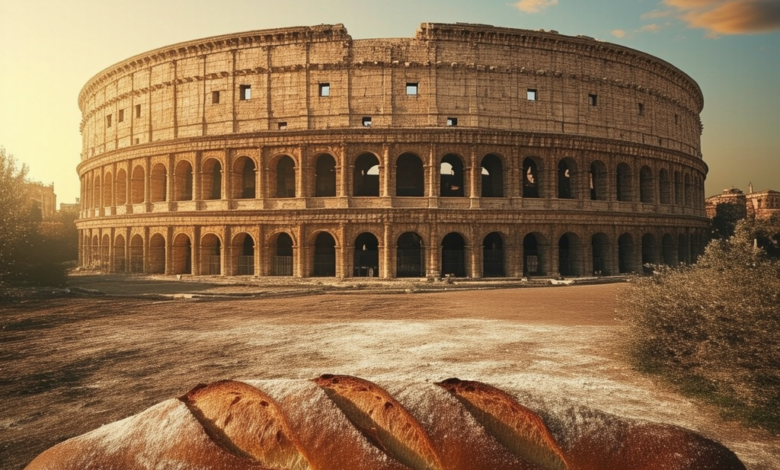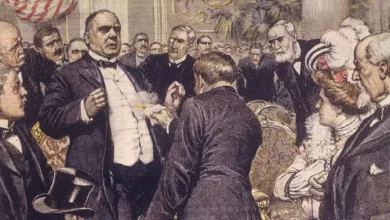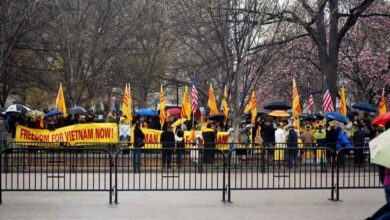
Corporate Greed’s Continued Class War Against Us: Alamo Drafthouse to UnitedHealthcare
Alamo Drafthouse was one of my favorite places as a kid—a rare oasis where $5 could buy the simple but unmatched joy of catching a movie and sharing popcorn with friends or family. It was the perfect place for birthday parties, hanging out after school, on weekends. In South Florida, the humidity and heat during summer could get unbearable. Alamo Drafthouse was the only option other than aimlessly walking around the mall where you could do something in the AC and $5 was enough for the ticket AND a popcorn! It was more than just a theater; it was a piece of community life that felt accessible, affordable, and connected to real people in the neighborhood.
The recent news that private equity has acquired and dismantled it feels like yet another gut punch to the working and middle class, another small joy ripped away in the unrelenting pursuit of profits at all costs.1 2 This isn’t just about Alamo Drafthouse. It’s about what we’re losing—and why.
The story we’re told is that we live in a system of free-market capitalism, where competition thrives and innovation ensures that businesses serving the needs of their communities succeed. But that’s a lie. What we actually have is a highly manipulated and controlled market, one where power is concentrated in the hands of corporations and the ultra-wealthy. This isn’t capitalism; it’s corporatocracy. Decisions about our economy, our resources, and our communities are being made not in the interest of people but in service to endless growth, higher dividends, and shareholder satisfaction. The facade of a “free market” is the circus act they perform to keep us pacified, even as they quietly rig the game.
It reminds me of the ancient Roman concept of bread and circuses—providing enough basic sustenance and fleeting entertainment to keep the masses docile and distracted. Except now, even the circuses are being gutted. Private equity firms devour beloved institutions like Alamo Drafthouse, not to preserve them, but to bleed them dry. They come in with their spreadsheets and formulas, stripping away everything that made the place special in favor of immediate profit maximization. The quality drops, the employees suffer, the sense of community is lost—but for the investors, it’s a win. Just like that, another affordable and accessible joy is taken from working and middle-class people, all so a handful of executives can see a bump in quarterly earnings.
But wholesome, local, affordable leisure activities aren’t the only casualty of this system. Healthcare, arguably the most vital service in our lives, has become a weapon of the class war. Healthcare in America isn’t about care anymore; it’s about profit. Insurance companies, hospitals, and pharmaceutical corporations operate with the same ruthless efficiency as private equity firms—denying claims, bankrupting patients, and effectively killing people, all while hiding behind the justification of profit maximization. The same cold calculation that leads private equity firms to gut community institutions like Alamo Drafthouse is at play in hospitals and insurance offices. Need a life-saving procedure? Better hope your insurance provider deems it “medically necessary.” Can’t pay an unexpected bill? Too bad—the collection agencies will be coming for you. It’s legalized cruelty, and it’s happening every single day.
The entertainment industry doesn’t exactly intersect with the healthcare industry, yet they are two prongs of the same class war. In both cases, corporate greed exploits people’s basic needs—whether it’s the need for healthcare or the need for small, affordable joys that make life bearable. When corporations infiltrate healthcare, they strip it down to its most profitable components, just as private equity firms do with beloved businesses. Doctors and nurses are overworked, patients are reduced to numbers, and the entire system becomes a labyrinth of bureaucracy designed to extract every last dollar from those who can least afford it. The result? Untold suffering, skyrocketing medical debt, and a healthcare system that serves only the wealthy.
While this class war has been waged for decades—long before any single event—the Supreme Court’s Citizens United decision marked a pivotal turning point. Corporations already had immense power and a profit-maximizing ethos embedded in their structures, but this ruling fundamentally altered the landscape of American corporate culture and its relationship to democracy. By legally equating corporations with people, Citizens United gave them unprecedented influence in politics, allowing them to flood the system with unlimited money and drown out the voices of ordinary citizens. It wasn’t the beginning of this war, but it was a moment when the mask of neutrality slipped, and the public was forced to confront the reality that this system was not built for them.
The ruling entrenched the ethos of profit maximization in ways that reverberated far beyond campaign finance. It deepened a culture where corporate executives could justify any action—no matter how exploitative—as fulfilling their “duty” to shareholders. The results are devastating and widespread: a healthcare system designed to prioritize profits over care, an affordable housing crisis exacerbated by speculation and predatory practices, and the elimination of small businesses and cultural spaces that once brought joy and connection to communities. Places like Alamo Drafthouse weren’t just businesses; they were cultural anchors, offering simple pleasures that made life a little brighter for the working and middle classes. With each one lost, we lose a piece of what makes life bearable under this increasingly oppressive system.
What happens when the bread and circuses are gone? When the small joys and communal spaces that help people endure the hardships of life are stripped away? When getting sick means financial ruin, and even a trip to the movies is out of reach? The architects of this system, in their unrelenting greed, have not calculated for that eventuality. They have underestimated the breaking point, failing to realize that when you take too much from people, you push them into desperation, anger, and rebellion. What they see as an economic model is, in truth, an aggressive class war being waged against the very people who build and sustain the society they exploit.
#Luigi may have shot the first bullets, but corporate greed fired the first shots.
https://www.sonypictures.com/corp/press_releases/2024/0612/sonypicturesentertainmentacquiresalamodrafthousecinema?utm_source=chatgpt.com
https://www.usnews.com/news/business/articles/2024-06-12/sony-pictures-acquires-alamo-drafthouse-cinema?utm_source=chatgpt.com





Hi, this is a comment.
To get started with moderating, editing, and deleting comments, please visit the Comments screen in the dashboard.